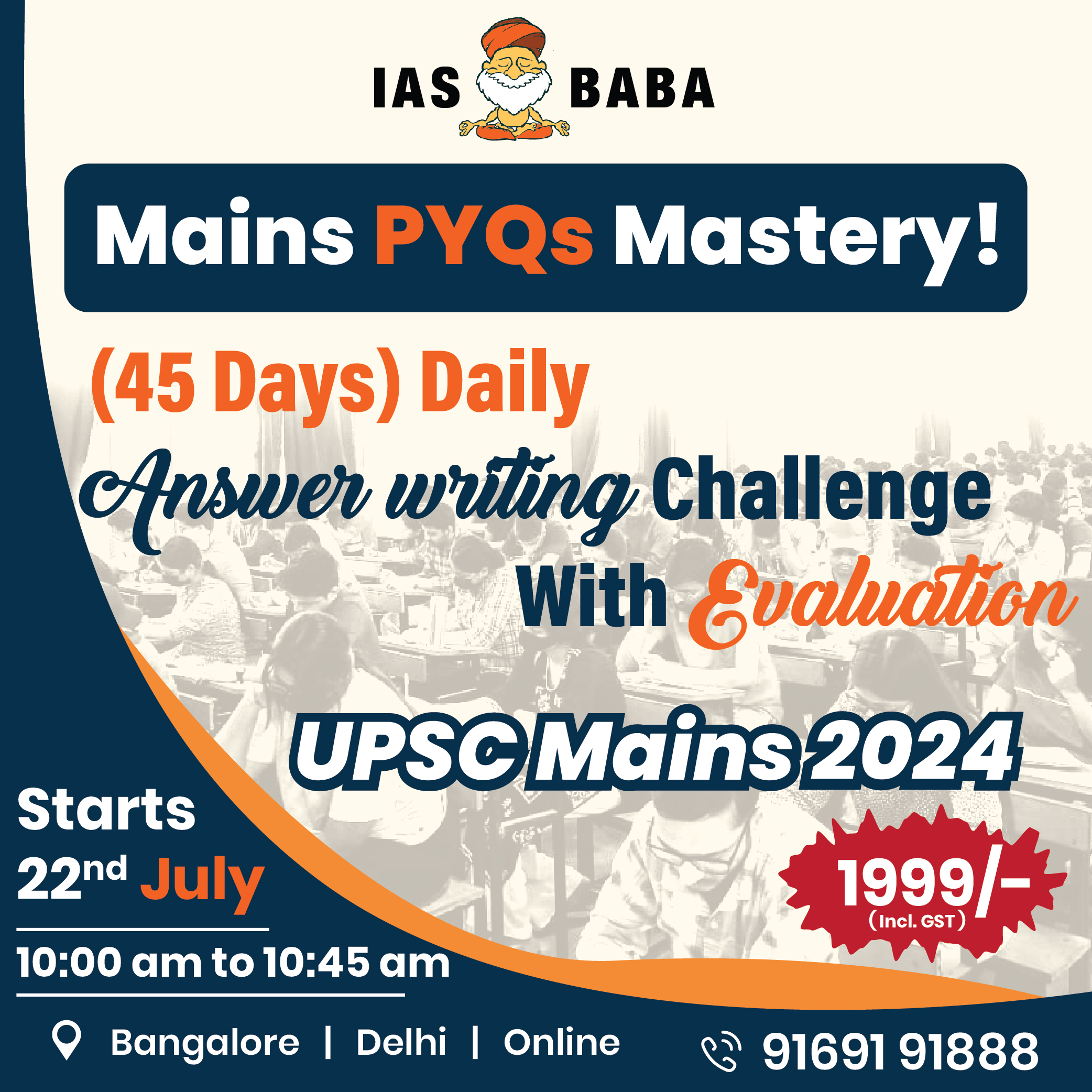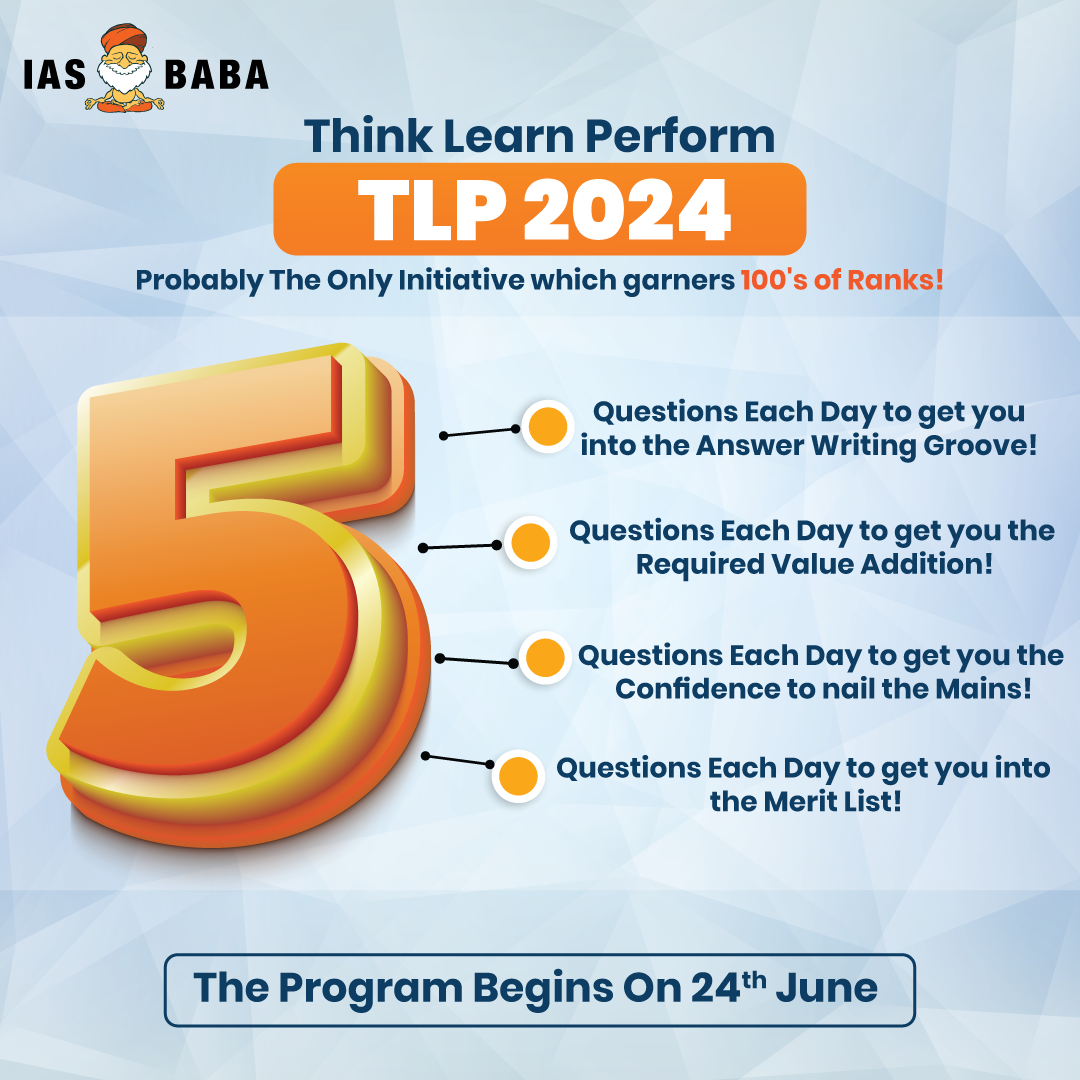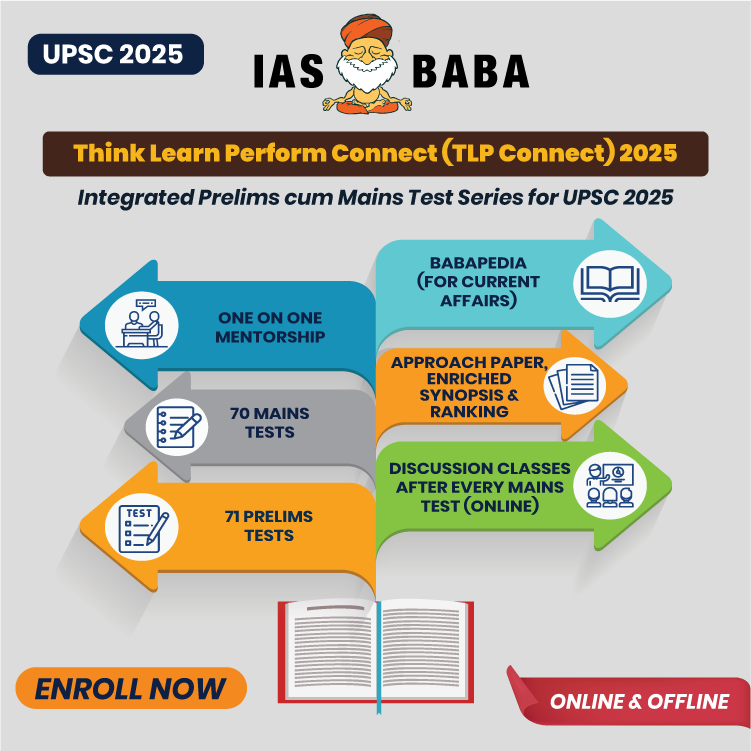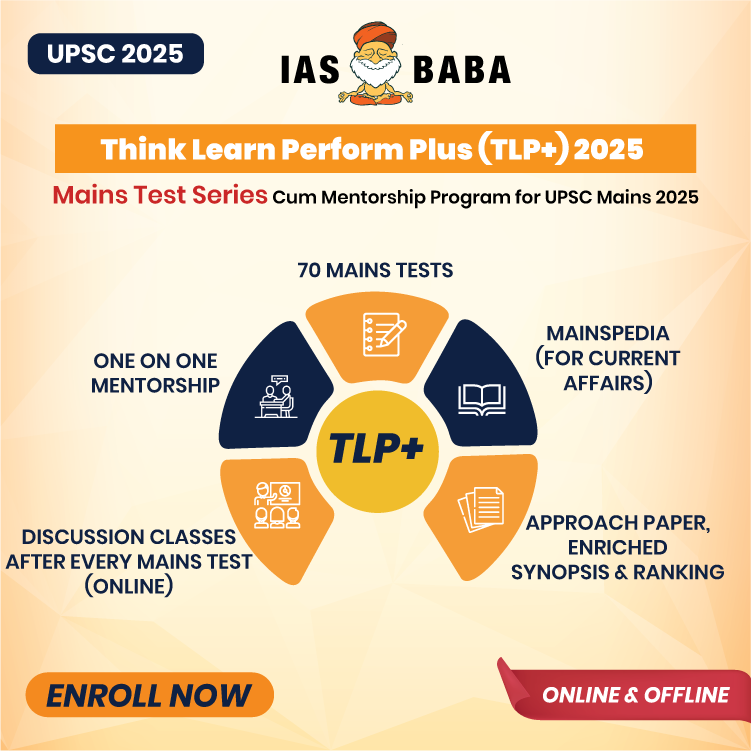Governance
Context: Recently, the Union government told the Supreme Court (SC) that it was considering ways to facilitate non-resident Indians (NRI), especially migrant labourers, to cast their votes remotely.
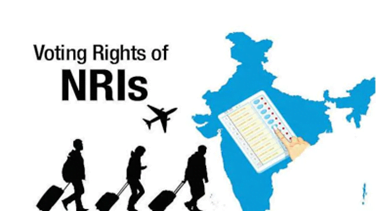
Present Status of Voting for Overseas Citizens:
- After the passing of the Representation of the People (Amendment) Act, 2010:
- NRIs who had stayed abroad beyond six months have been able to vote, but only in person at the polling station where they have been enrolled as an overseas elector.
- However, only a very low proportion of overseas residents actually registered or turned up to vote.
- The provision of having to visit the polling booth in person has discouraged eligible voters from exercising their mandate.
- The Conduct of Election Rules, 1961 was amended in 2016:
- To allow service voters to use the Electronically Transmitted Postal Ballot System (ETPBS).
- Under this system, postal ballots are sent electronically to registered service voters.
- The service voter can then register their mandate on the ballot and send it back via ordinary mail.
- The ECI proposed to extend this facility to overseas voters as well.
- In the case of overseas voters:
- Their address mentioned in the passport is taken as the place of ordinary residence and chosen as the constituency for the overseas voter to enrol in.
Supreme Court’s Stand:
- Making the postal ballot facility available to soldiers serving in far-flung areas across the country was different from affording the same facility to someone who had chosen to reside abroad.
- However, migrant labourers would often find it beyond their limited means to fly in just to cast their vote.
- The government was aware of the issue and had even introduced a Bill to amend the Representation of the People Act to allow overseas Indians to vote by proxy.
- The Representation of the People (Amendment) Bill had however lapsed with the dissolution of the 16th Lok Sabha.
Supreme Court recommended Committee (2013):
- On Court’s notice in February 2013, the Election Commission had constituted a committee “to look into the matter with regard to ways and means to facilitate voting for non-resident Indians and migrant workers”.
- The committee thereafter submitted its report.
- The central government had accepted the recommendations made by the Election Commission and then introduced a Bill in 2018 in Lok Sabha to amend Section 60 of Representation of People Act, 1951.
Representation of the People (Amendment) Bill of 2017:
- The intended amendment was to enable the overseas electors to appoint a proxy to cast vote on behalf of such electors.
- The Bill had proposed the removal of an “unreasonable restriction” posed by Section 20A of the Representation of the People Act requiring overseas electors to be physically present in their electoral constituencies to cast their votes.
- The Bill was passed in Lok Sabha. However, the same was not introduced in Rajya Sabha and as a result, the Bill itself lapsed. Thereafter, there hasn’t been any development on the front.
Electronically Transmitted Postal Ballot System (ETPBS) as Alternative:
- The ETPBS method allowed for greater turnout among service voters in the 2019 Lok Sabha election.
- With increasing mobility of citizens across countries for reasons related to work, the postal ballot method has been recognised by the International Institute for Democracy and Electoral Assistance (an intergovernmental organization that works to support democratic processes and institutions) as a means to allow overseas voters to exercise their right, subject to certain conditions normally related to the time spent abroad or the work carried out abroad.
- A postal ballot mechanism that allows for proper authentication of the ballot at designated consular/embassy offices and an effective postal system should ease this process for NRIs, but rules must be clearly framed for eligibility on the basis of time spent away from the country.
Significance of giving NRIs Voting Rights:
- Allowing NRIs to vote from abroad may see expatriates emerge as a decisive force in the country’s electoral politics.
- NRI voters could be empowered better by amending the law.
- Purpose is to see that persons living outside India and migrant labourers are still part of the entire electoral process and every facility shall be extended which will also ensure the confidentiality of the election.
Way Forward:
- Government should consider the option of digital voting.
- The authorities concerned should take a call considering various factors, and come to the best result satisfying most stakeholders.
About Non-Resident Indians (NRIs):
- Overseas Indians, officially known as Non-Resident Indians (NRIs) are people of Indian birth or ancestry who live outside the Republic of India.
- Every year 2.5 million (25 lakhs) Indians migrate overseas, which is the highest annual number of migrants in the world.
- If an individual has been in India for a minimum 182 days in the previous financial year is deemed to be a Resident of India.
- Anyone who does not meet the conditions will be considered as an NRI for the previous financial year.
- In simple terms, an Indian citizen residing outside India for a combined total of at least 183 days in a financial year is considered to be an NRI.
- NRIs are eligible to vote, and only the income that they have earned in India is taxable in India.
- Therefore, any income earned outside India is not taxable in India.
- They are entitled to all benefits as available to Indian citizens subject to notifications issued by the Government from time to time.
- They don’t require a visa for visiting India.
- They can adopt children in India, appear in competitive exams, purchase or sale of immovable property barring agricultural land and farmhouses, and pursue professions such as doctors, lawyers, architects, and chartered accountants.
- They have parity with Indian nationals in the matter of domestic air fares, entry fees to monuments and public places.
- They are exempted from registration with the Foreigners’ Regional Registration Officer (FRRO) for any length of stay in India.
- Foreigners visiting India who hold long-term visas (more than 180 days) are required to register their presence in India with the Foreigners’ Regional Registration Office (FRRO).
- Fundamental Rights guaranteed by Articles 14, 20, 21, 21A, 22, 23, 24, 25, 26, 27 and 28 are available to all persons whether citizens or foreigners.
- The Fundamental Rights guaranteed by Articles 15, 16, 19, 29, and 30 are available only to citizens of India and NRIs.
- In case an NRI wishes to take up foreign citizenship, he/she will have to give up Indian citizenship as the Indian constitution does not allow dual citizenship.
- A person cannot hold Indian as well as foreign citizenship simultaneously.
Source: The Hindu
Previous Year Question
Q.1) With reference to India, consider the following statements:
- There is only one citizenship and one domicile.
- A citizen by birth only can become the Head of State.
- A foreigner once granted citizenship cannot be deprived of it under any circumstances.
Which of the statements given above is/are correct? (2021)
- 1 only
- 2 only
- 1 and 3
- 2 and 3





